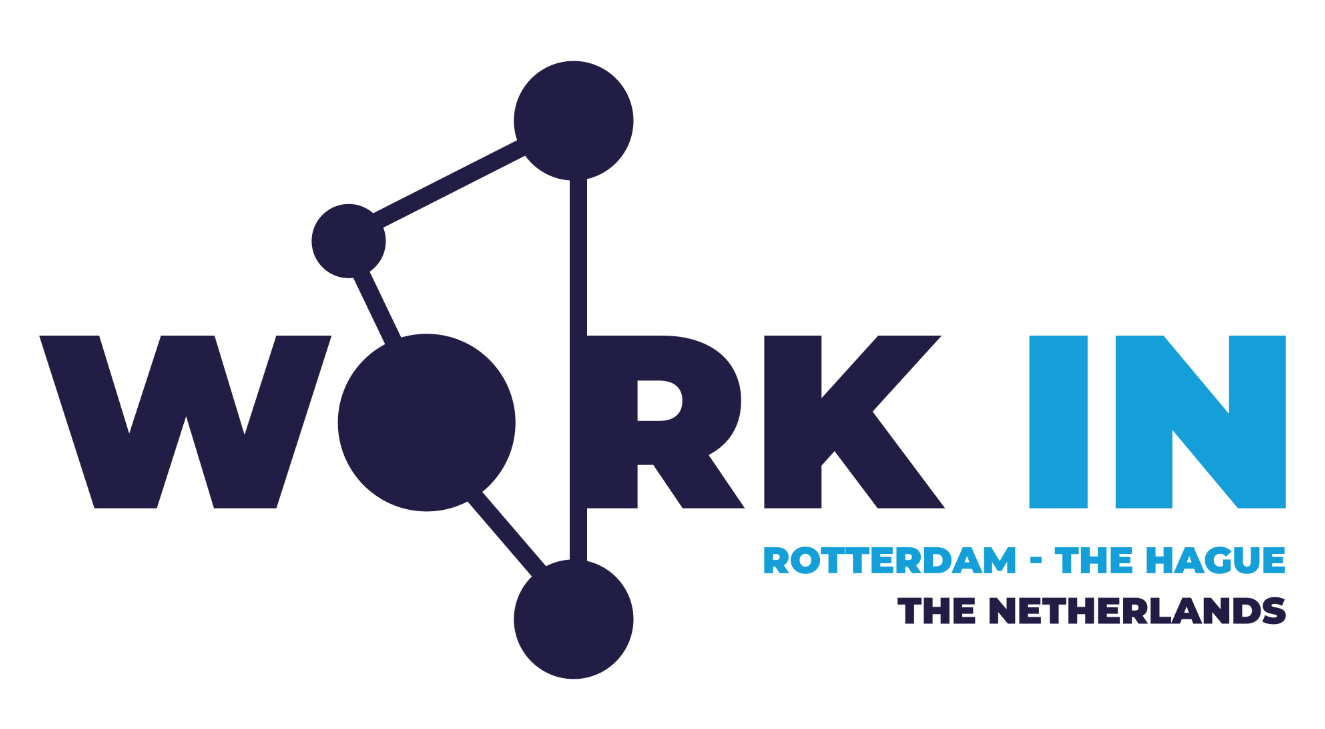Science Operations Scientist

European Space Agency
This job is no longer accepting applications
See open jobs at European Space Agency.See open jobs similar to "Science Operations Scientist" Greater Rotterdam – The Hague area.
Location
ESAC, Villanueva de la Cañada, Spain
Description
The European Space Agency maintains a world-leading Science Programme with missions in heliophysics, planetary science, astrophysics and fundamental physics. Its mission is to ”empower Europe to lead space science”.
The Science Operations Department (SCI-S), within ESA’s Directorate of Science, hosts the scientists and engineers that oversee the space missions from study to end of operations, develops the science operation systems for the missions and operates the missions in space, and archives and curates their data during operations and beyond. Its main objective is to maximise the scientific output of the missions for the benefit of humankind.
You will be assigned as Science Operations Scientist, initially for the Gaia mission, under the direct responsibility of the Mission Manager in the Mission Management and Science Operations Division within SCI-S.
Gaia will end its operational life in the first half of 2025, after which the mission’s post-operations phase will begin. Four highly successful data releases (DRs) have been achieved so far, all of which were major, transformational events for the astronomical world. A fifth release, DR4, is currently being prepared for publication in 2026, and a final release, DR5, is expected to conclude the mission by the end of the decade. Gaia has a relatively long post-operations phase of five and a half years, reflecting the complexity of turning the basic observation data from 10.5 years of science operations into legacy data products of the highest quality.
Duties
During the mission post-operations phase, you will be responsible for:
- coordinating the operations of the Science Ground Segment systems under ESA's responsibility with the overall aim of maximising the scientific return of the mission and, in support of the Mission Manager, safeguarding the mission’s overall success;
- coordinating and maintaining operational interfaces with the other mission operations centres and with affiliated scientific institutes;
- assuming the role of leader of the Data Processing Centre at ESAC (DPC-E), including reporting duties to relevant mission stakeholders, for example the Gaia Science Team;
- supporting the definition of the scientific contents of DR5 and the data sets and services to be preserved for the legacy phase of the mission;
- supporting the Project Scientist and Mission Manager in analysing the impact of mission baseline changes, such as the potential de-scoping of DR5, on the scientific outcome of the mission;
- acting as an interface between the SOC and the mission consortium’s payload experts for instrument calibration, instrument performance and operational knowledge preservation;
- coordinating activities relating to on-ground payload calibration and, where applicable, to the provision of scientific analysis software for the legacy phase;
- defining the activities to be carried out by the relevant Science Operations (SCO) service contractor workforce supporting Gaia;
- planning and coordinating all activities relating to the transition from the post-operations phase to the legacy phase;
- compiling “Lessons Learned from Gaia” and contributing to corresponding initiatives at divisional and departmental level.
You will work as a member of the Gaia SOC and in close collaboration with:
- the Project Scientist Team;
- the Archive Scientist;
- the other leaders of Gaia’s data processing centres;
- the leaders of Gaia’s coordination units of the data processing and analysis consortium;
- the relevant personnel providing SCO services to Gaia at ESAC.
You will be expected to strive for innovation and excellence in your specific responsibilities, which will initially include the above tasks with a strong focus on the post-operations phase of the Gaia missions. Your role will later evolve into that of a Science Operations Scientist for an operational mission or mission in development.
Technical competencies
Behavioural competencies
Result Orientation
Operational Efficiency
Fostering Cooperation
Relationship Management
Continuous Improvement
Forward Thinking
Education
A PhD in astronomy or physics is required for this post.
Additional requirements
The following would be additional assets:
- Experience in science operations in the context of astronomical survey missions
- Experience with media and outreach activities
Applicants must be eligible to access technology and hardware which is subject to European and US export control regulations.
Diversity, Equity and Inclusiveness
ESA is an equal opportunity employer, committed to achieving diversity within the workforce and creating an inclusive working environment. We therefore welcome applications from all qualified candidates irrespective of gender, sexual orientation, ethnicity, beliefs, age, disability or other characteristics. Applications from women are encouraged.
At the Agency we value diversity, and we welcome people with disabilities. Whenever possible, we seek to accommodate individuals with disabilities by providing the necessary support at the workplace. The Human Resources Department can also provide assistance during the recruitment process. If you would like to discuss this further, please contact us via email at contact.human.resources@esa.int.
Important Information and Disclaimer
In principle, recruitment will be within the advertised grade band (A2-A4). However, if the selected candidate has less than four years of relevant professional experience following the completion of the master’s degree, the position may be filled at A1 level.
Applicants must be eligible to access technology and hardware which is subject to European and US export control regulations & security clearance by their national security administrations.
During the recruitment process, the Agency may request applicants to undergo selection tests. Additionally, successful candidates will need to undergo basic screening before appointment, which will be conducted by an external background screening service, in compliance with the European Space Agency's security procedures.
Note that ESA is in the process of transitioning to a Matrix setup, which could lead to organisational changes affecting this position.
The information published on ESA’s careers website regarding working conditions is correct at the time of publication. It is not intended to be exhaustive and may not address all questions you would have.
Nationality and Languages
Please note that applications can only be considered from nationals of one of the following States: Austria, Belgium, the Czech Republic, Denmark, Estonia, Finland, France, Germany, Greece, Hungary, Ireland, Italy, Luxembourg, the Netherlands, Norway, Poland, Portugal, Romania, Spain, Sweden, Switzerland, the United Kingdom and Canada, Latvia, Lithuania, Slovakia and Slovenia.
According to the ESA Convention, the recruitment of staff must take into account an adequate distribution of posts among nationals of the ESA Member States*. When short-listing for an interview, priority will first be given to internal candidates and secondly to external candidates from under-represented Member States*.
The working languages of the Agency are English and French. A good knowledge of one of these is required. Knowledge of another Member State language would be an asset.
*Member States, Associate Members or Cooperating States.
This job is no longer accepting applications
See open jobs at European Space Agency.See open jobs similar to "Science Operations Scientist" Greater Rotterdam – The Hague area.
